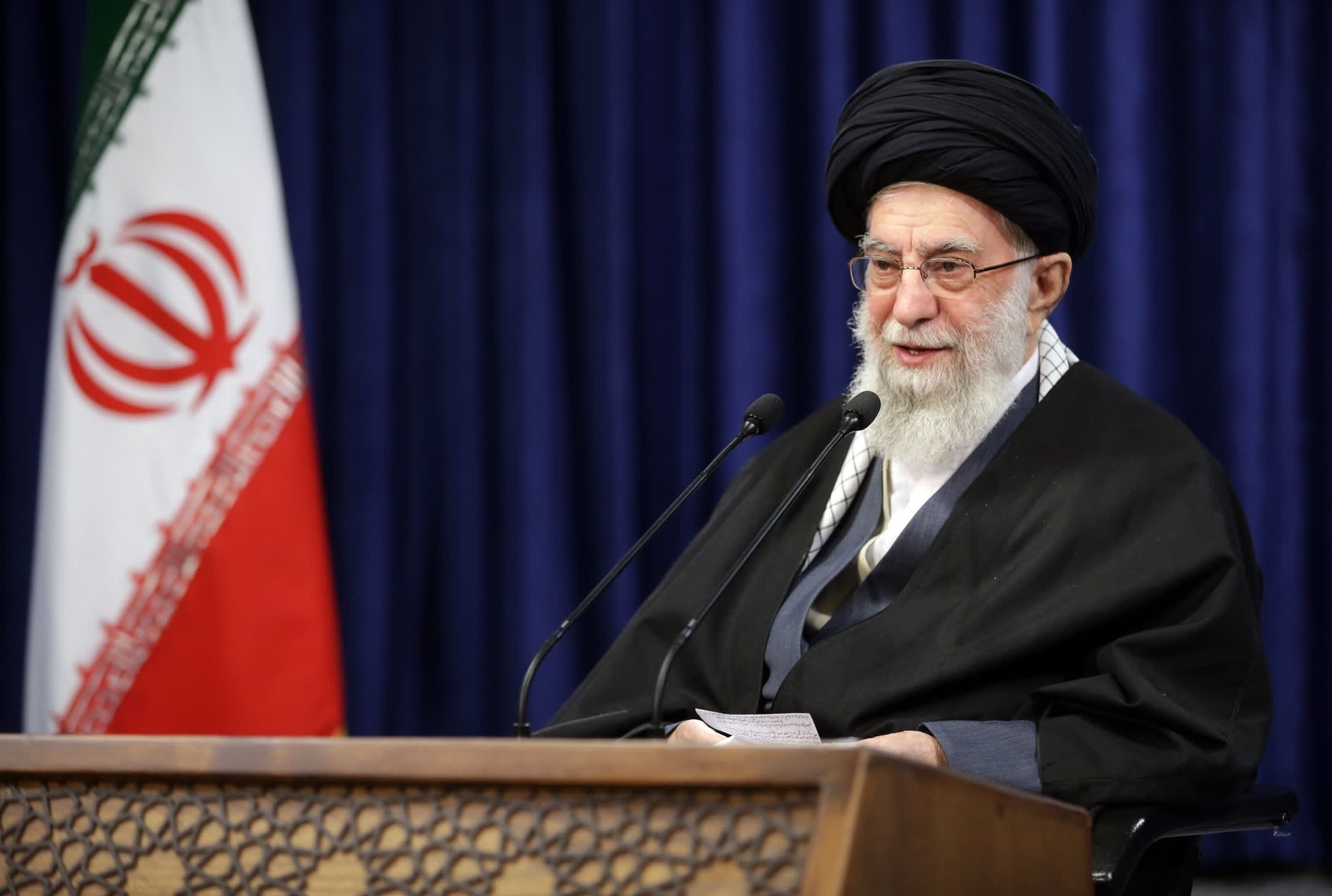Iran’s latest move in violation of the 2015 nuclear deal drew the attention of international powers, raising the stakes for a return to the multinational deal as it requires lifting U.S. sanctions.
The UN nuclear watchdog, the International Atomic Energy Agency (IAEA), confirmed last week a report that Iran has started producing metallic uranium, a measure that violates the parameters of the 2015 agreement – also known as JCPOA – which suspended sanctions on Iran in exchange for restrictions on its nuclear program.
Un enriched, metallic uranium has little civilian use and is different from enriched uranium, which can be used for nuclear power.
Iran says its activity aims to produce fuel for a research reactor. IAEA inspectors confirmed a minimally small volume of 3.6 grams (0.1 ounces) of the substance in an Isfahan facility – less than the size of a thimble.
But this has raised the alarm for some in the international community, as more of the metal – about a pound, experts say – can be used to build the core of a nuclear bomb.
A satellite image with annotations of the construction at the uranium enrichment facility in Natanz, Iran, with analysis by the Middlebury Institute for International Studies in Monterey.
Photo: Planet Labs Inc. | AP
“This is one of the most serious nuclear measures they have taken,” a former Obama administration official involved in the original JCPOA negotiations told CNBC, referring to Iran. “It is very provocative.” The former employee spoke on condition of anonymity due to professional restrictions on speaking to the press.
The United Kingdom, France and Germany, all supporters of JCPOA, said in January that Iran has “no reliable civilian use for metallic uranium”. They described the news as “deeply worrying”.
“The production of metallic uranium has potentially serious military implications,” they warned.
Behnam Ben Taleblu, a senior member of the Washington-based Foundation for the Defense of Democracies, said the Europeans’ statement was significant.
“You know you’re in trouble when Europeans don’t accept Tehran’s ‘civilian use’ argument. That’s what the alarm should sound,” he said.
Incremental rollbacks
Iran has been gradually decreasing its compliance with the JCPOA since May 2019, a year after the Trump administration withdrew from the agreement and began imposing heavy “maximum pressure” sanctions on the country for what it described as its destabilizing regional activities.
Tehran’s measures most recently included increasing uranium enrichment and stock levels beyond the limits set in the agreement, in an effort to pressure Washington to lift sanctions – which have hurt the Iranian economy – and return to the agreement, something that the Biden government did expressed his desire to do.
It is important to note that the Iranian authorities emphasize that the measures are reversible and maintain the hope of a return to the agreement under Biden. But the White House says Iran must fully comply with the agreement, while Iran says U.S. sanctions should be lifted first, creating a potential stalemate.
‘It’s reversible’
Even so, regional experts believe the nuclear deal remains recoverable.
Iran is “trying to underline how important it is for them to bring the US back to JCPOA,” said the former Obama official. “I don’t think it compromises the possibility of returning to JCPOA, but it is worrying.”
Aniseh Tabrizi, senior researcher and Iran specialist at the Royal United Services Institute, agrees.
“It is reversible, especially if done in the short term,” she said of Iran’s metallic uranium production. “There has been condemnation, but no sign that this is the end of any attempt to resume negotiations on the JCPOA.”
In the meantime, however, “Iran has the ability to exert significant short-term pressure” on the other signatories to the agreement, said Sanam Vakil, deputy head of Chatham House’s Middle East and North Africa program, a UK think tank.
“But in the long run, “she said,” it is the United States that needs to be included in the joint commission’s discussions, “because the United States is central to the deal and easing sanctions on Iran.
An important date to note is February 21 – at which point, new hardline laws passed by the Iranian parliament come into force, including a decision that prevents further IAEA inspections. But it is crucial, Vakil said, that the crisis be contained before the Iranian elections in June.
“If the international community is really interested in containing this crisis with Iran, launching the JCPOA compliance strategy and setting in motion a plan to speak to Iran and the joint commission is essential,” she said. “The sooner they are able to implement this, the better they can mitigate Iran’s future efforts to raise the stakes.”
For Ben Taleblu, of the FDD, Iran’s tactics are hitherto dangerous and futile. “Tehran’s continued nuclear escalation means that its new violations are necessarily more dangerous,” he said. “Despite Iran’s escalation strategy, neither the Trump or Biden team has so far reversed the course of major economic sanctions.”
